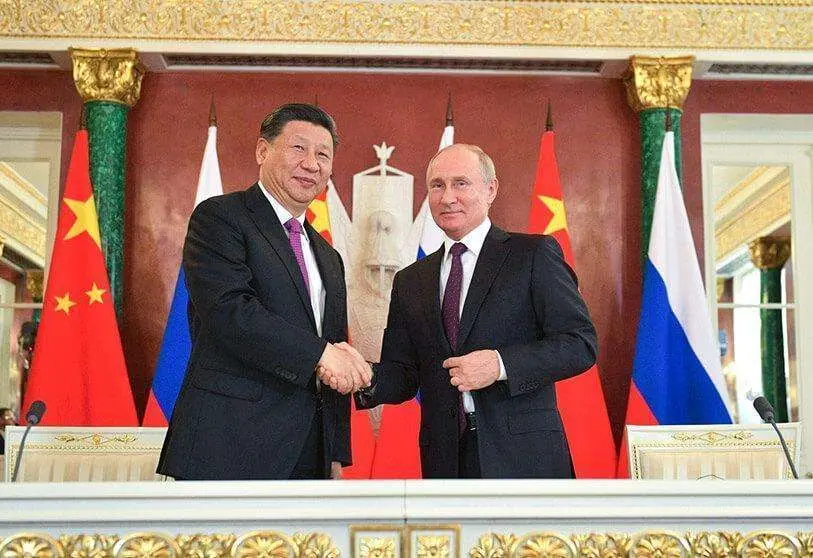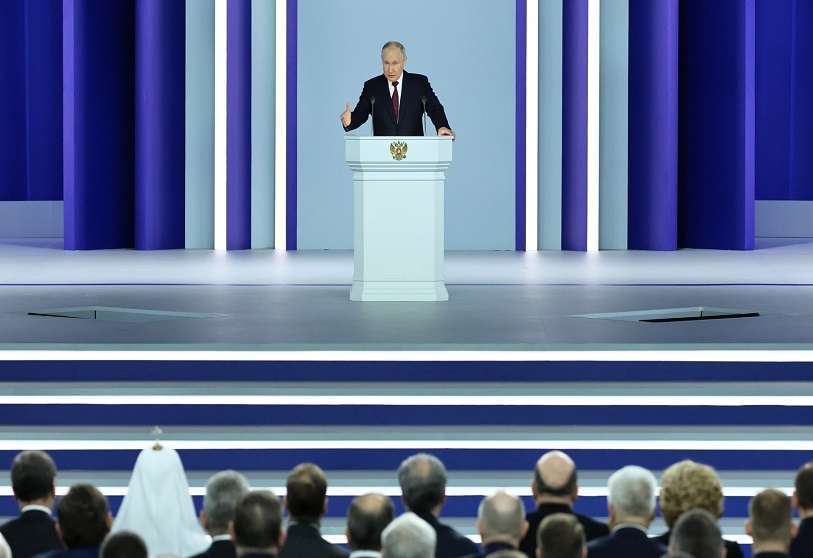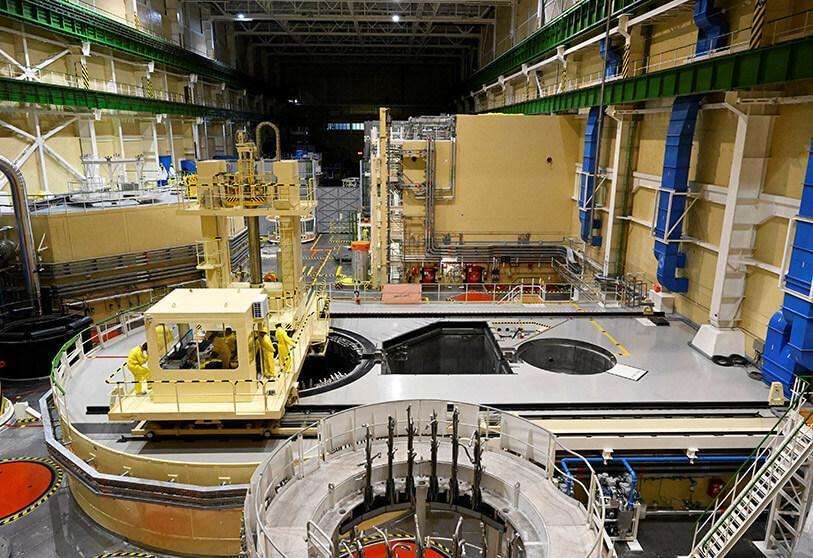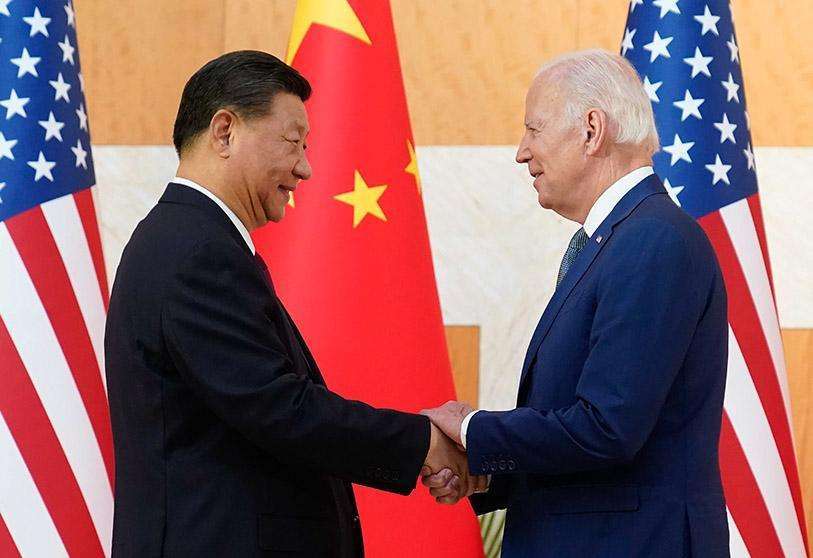US: Pentagon concerned about latest Russian uranium shipments to China

The Kremlin's recent delivery of nuclear weapons-usable radioactive material to China has raised serious concerns within the Pentagon. The scenario in the Taiwan region would be the worst affected due to the high level of nervousness that militates south of the Asian giant. While Chinese and US diplomats said they held constructive discussions to reduce military tension between the two countries last December, Russian engineers were moving a huge shipment of nuclear fuel to a remote island 220 kilometres off Taiwan's northern coast.
As the Pentagon reported last Tuesday, China is expected to at least double the number of its nuclear warheads in the next 10 years, and come close to being able to launch land, air and sea-based nuclear strikes, a capability distinguished as "Trinity". This came in light of escalating tensions between China and the United States, and Washington's efforts to urge Beijing to join a meaningful US-Russia nuclear arms treaty. China's CFR-600 reactor, called a fast reactor, is located on Changbiao Island and is one of the most closely monitored nuclear infrastructures in the world.

Pentagon officials said the Russian-owned nuclear company Rosatom had supplied China with 6,477 kilograms of uranium, a shipment that could provide fuel for an atomic programme that could unbalance military restraint in Asia, where tensions are high over Taiwan and control of the South China Sea. This would allow China to match the atomic arsenals currently deployed in Russia and the United States. US secretaries assess that when the Chinese CFR-600 reactor is operational it could help China quadruple its stockpile of nuclear warheads in as little as a year.
China currently has definite capabilities to increase its stockpile of weapons-grade plutonium after it shut down its production programme in the 1990s, according to Bloomberg. China's progressive ability to expand its nuclear weapons is consistent with Russia's suspension of the latest commitment limiting the strategic nuclear stockpile of Russia and the United States, the "New START" treaty, which is on the verge of collapse. On 21 February, Russian President Vladimir Putin announced Russia's suspension of its cooperation in the treaty, a decision condemned by US President Joe Biden as a "big mistake".

According to the International Energy Agency, since 2012, China has become the world's largest country in terms of nuclear stockpile capacity and has since strived to enlarge its nuclear capacity by about 85 per cent to acquire a volume level of about 2011 gigawatts, which is equivalent to a quarter of global capacity. As for the size of China's nuclear weapons arsenal, it is not officially announced, but reports indicate that it possesses between 260 and 300 nuclear warheads, of which 190 are currently active and ready for use.
According to US estimates, China possesses at least six different types of military nuclear payload facilities, in addition to some 150 tactical nuclear warheads for use on short-range ballistic missiles. The Chinese Communist Party-backed Global Times reported that Beijing needed to increase the number of its nuclear warheads to 1,500 in a relatively short period of time. In light of this growing Chinese nuclear capability, the United States is pushing for the Asian giant to participate in tripartite talks with Russia to limit nuclear weapons.

The Chinese have decided to match the United States and Russia, de facto, in terms of the number and strength of nuclear weapons. Russia has become China's subordinate since Putin launched his invasion of Ukraine last year, inciting an unprecedented wave of sanctions against Moscow. China has shown that it has no intention of abandoning its diplomatic partner to its common enemy, the United States, even as Beijing has presented itself as a neutral player in the Ukraine war. As part of the 'club of five' and formal signatories to the 1970 Nuclear Non-Proliferation Treaty, China and Russia have no commitment to communicate about their stockpiles and any details that might help determine whether the CFR-600 reactor is being used to increase China's nuclear stockpile.
Americas Coordinator: José Antonio Sierra.








